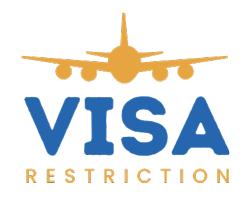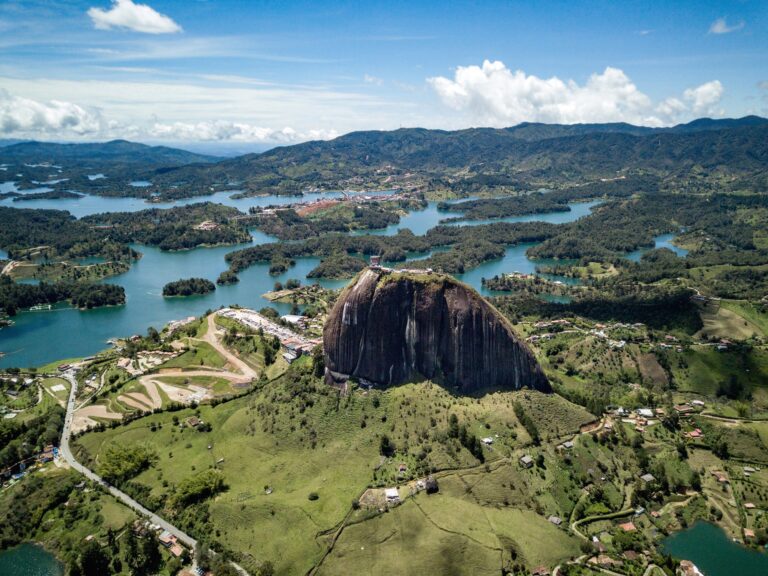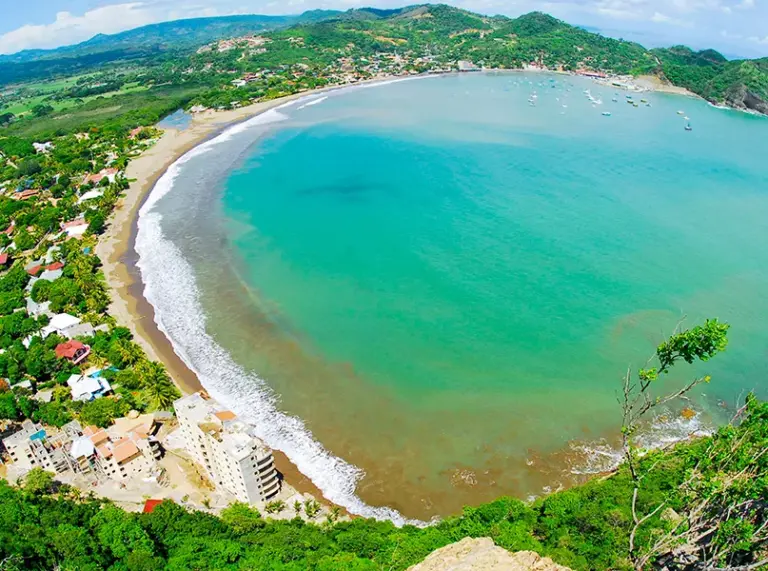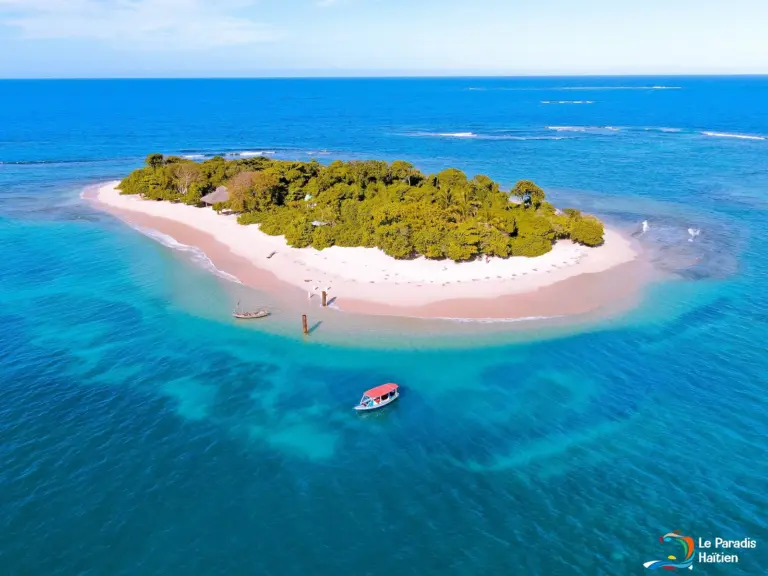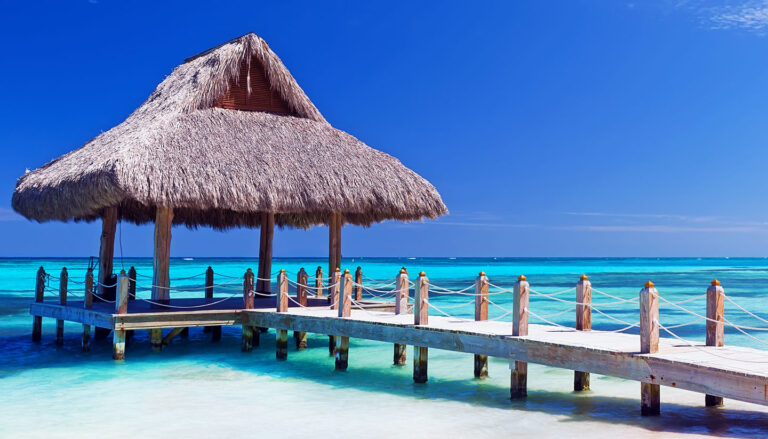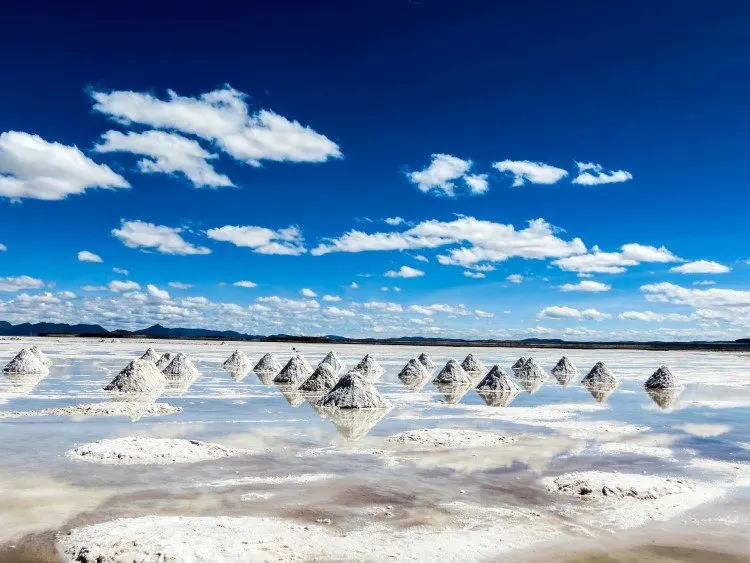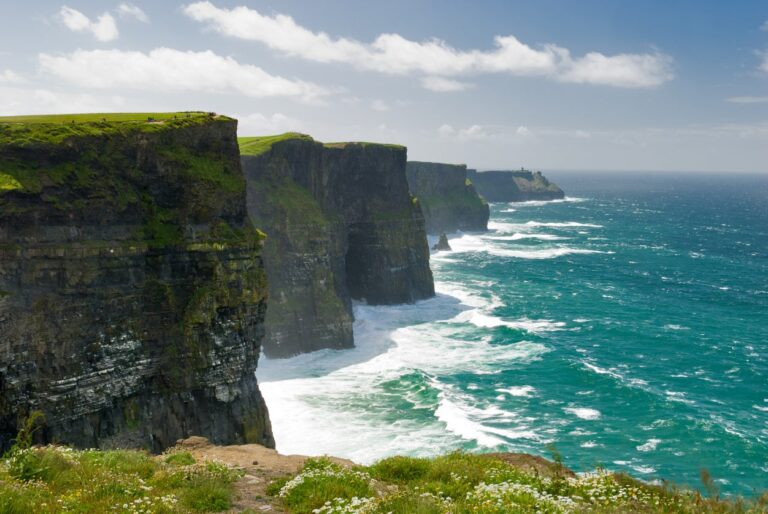Is It Safe to Travel to Punta Cana: Resort Guide
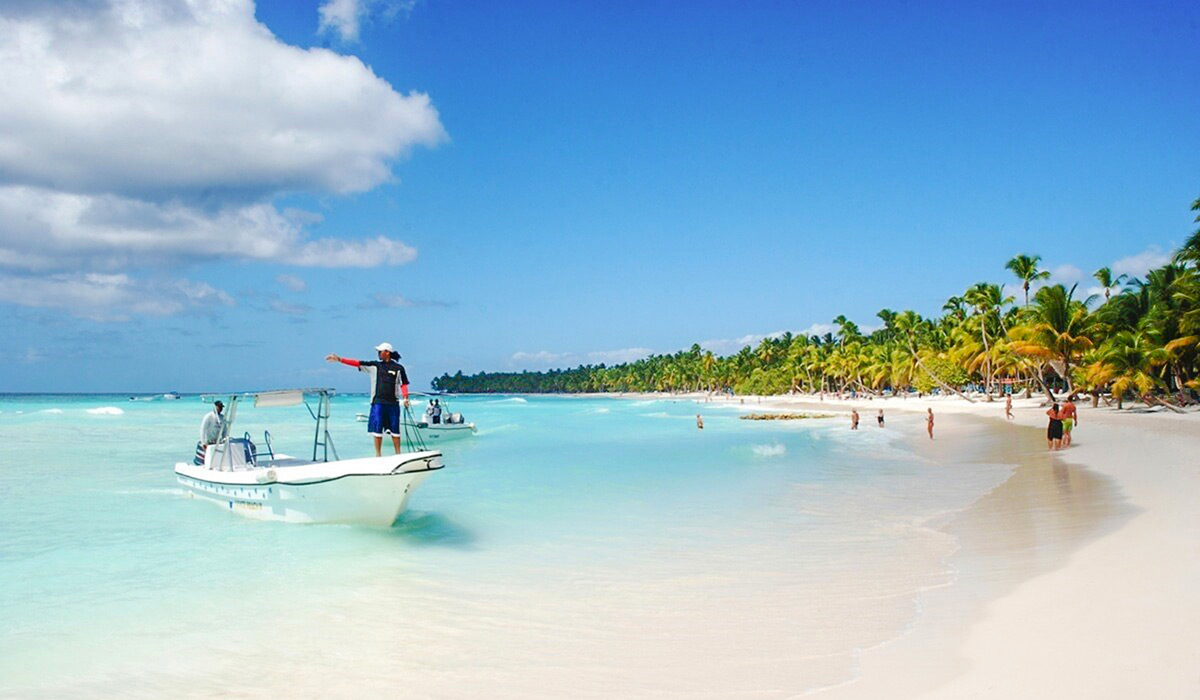
Safety in Punta Cana
Travel Advisory Insights
When asking, ‘Is it safe to travel to Punta Cana?’, understanding the travel advisories is important. The Dominican Republic is categorized as a Level 2 Travel Advisory by the U.S. Department of State. This level advises travelers to exercise increased caution due to prevalent violent crime such as armed robbery, homicide, and sexual assault throughout the country (Travel.State.Gov). However, Punta Cana stands out as one of the safer regions within the Dominican Republic.
Focus on Tourism
Punta Cana focuses heavily on tourism, making it a more secure destination. The region has a dedicated tourist police force known as CESTUR, which enhances safety for visitors. Hotels and resorts in Punta Cana prioritize the safety of their guests by implementing measures like restricted access to ensure only registered guests can enter and constant surveillance of beach areas.
Punta Cana has a reputation for being one of the safest tourist destinations in the country, with moderate overall crime rates and significantly lower violent crime rates compared to other regions. The Ministry of Tourism of the Dominican Republic is committed to maintaining the quality and safety of tourism services, urging tourists to choose authorized excursion companies and report any issues to the authorities.
For more information on safety in other destinations, check out our articles:
- Is it safe to travel to Mexico
- Is Cancun safe to travel
- Is it safe to travel to Jamaica
- Is it safe to travel to Egypt
Crime and Scams
Crime Concerns in Punta Cana
When considering is it safe to travel to Punta Cana, it’s essential to understand the criminal landscape of the area. The Dominican Republic is categorized as a Level 2 Travel Advisory. Travelers are advised to exercise increased caution due to prevalent violent crime, such as armed robbery, homicide, and sexual assault happening throughout the country.
In Punta Cana, violent crimes are less common but not absent. Petty crimes like pickpocketing and bag-snatching can occur, particularly in crowded areas or at tourist hotspots. Travelers should remain vigilant and avoid displaying valuable items openly. Incidents of opportunistic theft can also happen in all-inclusive hotel rooms, hotel safes, cars, and airports (Travel.gc.ca).
Common Scams to Watch Out For
Tourists in Punta Cana may also encounter various scams that can sour their travel experience. Understanding these typical scams can help you remain cautious.
Unofficial Tour Guides
Unofficial tour guides may offer overpriced or unsafe services. These individuals usually approach tourists near popular attractions, offering guided tours. These tours are often substandard, and the guides may not have the necessary permits or qualifications (Travel Noire). To avoid this, stick to authorized tour agencies.
Unregulated Taxi Services
Using unregulated taxi services can lead to overcharging. These taxis may not have meters, and drivers might claim that the price has increased due to a variety of reasons. To ensure fair pricing, consider using reputable taxi companies or ride-sharing services.
| Scam | Description | Tip to Avoid |
|---|---|---|
| Unofficial Tour Guides | Overpriced, unsafe tours by unlicensed guides | Use authorized tour agencies |
| Unregulated Taxi Services | Overcharging by unmetered taxis | Use reputable taxi companies or ride-sharing services |
Additionally, be wary of individuals offering “too good to be true” deals, or engaging in unsolicited currency exchanges. Always use official exchange bureaus to avoid being shortchanged.
By staying informed and cautious about these crime concerns and common scams, you can enhance your safety and enjoy your trip to Punta Cana with peace of mind. For more details on travel safety in various locations, check our guides on is it safe to travel to mexico, is cancun safe to travel, and is it safe to travel to jamaica.
Safety Guidelines
Tips for Safe Travel in Punta Cana
Traveling to Punta Cana requires some attention to safety details to ensure a stress-free vacation. Here are some key guidelines for safer travel:
-
Stick to Resort Transportation: Use resort-provided transportation or taxis recommended by your hotel. Unregulated taxi services can overcharge visitors or pose safety risks.
-
Guard Your Belongings: Keep your cash, passport, and other valuables in secure bags. Consider using a hotel safe. Carry only necessary cash and exchange currency at banks or official exchanges.
-
Beware of Scams: Be cautious of unofficial tour guides offering overpriced or unsafe services. Confirm the legitimacy of guides and activities through your resort or a trusted service.
-
Use Travel Insurance: Obtain travel insurance to cover unforeseen events such as medical emergencies, theft, or cancellations.
-
Know Emergency Numbers: Familiarize yourself with local emergency numbers. In Punta Cana and the Dominican Republic, it is essential to have these contacts readily available.
Ensuring Personal Safety
When considering is it safe to travel to Punta Cana, it’s important to adopt personal safety practices.
-
Resort Security Measures: Resorts in Punta Cana prioritize guest safety. You’ll find 24-hour security, surveillance cameras, and controlled access. Additionally, lifeguards are on duty at pools and beaches. Resorts may also have medical staff on standby and follow strict COVID-19 protocols.
-
Safe Transport: Always opt for resort shuttles or hotel-recommended taxis. This minimizes the risk of encountering unregulated services that might overcharge or pose other risks (Travel Noire).
-
Consider Your Health: Stay hydrated with bottled or purified water. Also, ensure you’re protected against diseases by getting the necessary vaccinations before your trip.
-
Avoid High-Risk Areas: Stick to well-known tourist areas and resort zones. Avoid isolated areas, especially at night.
-
Emergency Preparedness: Know the locations of the nearest medical facilities and have travel insurance details on hand. Check for disease prevention measures and stay updated on local health guidelines.
By following these safety guidelines, your trip to Punta Cana can be both enjoyable and secure. For more information, read up on safety considerations when traveling to places like Mexico, Jamaica, and Paris.
Health Precautions
Drinking Water Safety
When traveling to Punta Cana, drinking tap water is not advisable. It is recommended that tourists opt for bottled water, which is easily accessible in hotels, restaurants, and stores. This precaution helps avoid potential health issues that may arise from consuming contaminated water.
For your convenience, here’s a comparison of water source safety:
| Water Source | Safety |
|---|---|
| Tap Water | Not Safe |
| Bottled Water | Safe |
| Boiled Water | Safe if boiled for 1-3 minutes |
| Filtered Water | Safe if using certified filters |
Remember, only use bottled water for drinking and even for brushing your teeth. Being cautious with water helps ensure a pleasant and healthy travel experience.
Disease Prevention Measures
Punta Cana, like many tropical destinations, requires awareness of potential health risks. Here are some key disease prevention measures:
-
Vaccinations: Ensure you are up to date on routine vaccines. Consult your healthcare provider about vaccines for hepatitis A, typhoid, and possibly malaria and rabies, depending on your travel itinerary.
-
Mosquito Protection: Mosquito-borne diseases like dengue and Zika are present in the Dominican Republic. Use mosquito repellents containing DEET, wear long-sleeved clothing, and use mosquito nets if necessary.
-
Food Safety: Stick to well-cooked foods and avoid raw or undercooked meats. Fruits and vegetables should be washed with safe water or peeled.
-
Hand Hygiene: Carry hand sanitizer with at least 60% alcohol content and use it regularly, particularly before eating.
For more detailed travel advisories and specific recommendations, visit the Centers for Disease Control and Prevention (CDC) website.
By adhering to these practical steps, you can minimize health risks while enjoying your time in Punta Cana. Explore more related travel safety articles such as is it safe to travel to colombia, is it safe to travel to the dominican republic, and is brazil safe to travel.
Transportation Safety
Ensuring your safety while navigating Punta Cana is essential to have a smooth and enjoyable experience. This section delves into choosing reliable transport options and road safety tips that can help mitigate risks.
Choosing Reliable Transport Options
Transportation in Punta Cana is generally safe, but it’s important to be discerning when selecting transportation services. Here are some recommendations for reliable transport options:
- Official Taxis: Stick to official taxis to ensure your safety. These taxis are regulated and typically more reliable.
- Hotel Shuttles: Many resorts offer their own shuttle services, which are a safe and convenient option for tourists.
- Private Transportation Services: Consider booking private transportation services through reputable companies. These services often have higher safety standards and provide a more comfortable experience.
- Rental Cars: If you’re comfortable driving in a foreign country, renting a car can give you more flexibility. Ensure you rent from a well-known agency.
It’s advised to avoid local motorcycle taxis (motorcoaches) as they can be less safe due to their high accident rates (Punta Cana Adventures). For additional insights on traveling safely, visit our guide on is it safe to travel to the Dominican Republic.
Road Safety Tips
When traveling by road in Punta Cana, it’s crucial to take precautions to ensure your safety. Here are some road safety tips to consider:
- Avoid Night Driving: Try to avoid driving at night, especially in rural or unfamiliar areas. The risk of accidents and encountering unsafe areas increases at night (JJ Studio Photo).
- Use Seatbelts: Always wear your seatbelt and ensure all passengers do the same.
- Stay Alert: Be aware of your surroundings and cautious of other drivers who may not follow traffic rules.
- Follow Speed Limits: Adhere to posted speed limits and road signs. Speeding significantly increases the risk of accidents.
- Watch for Pedestrians: Pedestrian traffic can be unpredictable, especially in busy areas. Drive slowly and be prepared to stop.
- Keep Emergency Numbers Handy: Be aware of the local emergency phone numbers. For emergencies in the Dominican Republic, the emergency number is 911 (CIA World Factbook).
Below is a table summarizing the key safety tips for road travel in Punta Cana:
| Tip | Description |
|---|---|
| Avoid Night Driving | Higher risk of accidents and encountering unsafe areas |
| Use Seatbelts | Mandatory for all passengers |
| Stay Alert | Be aware of surroundings and other drivers |
| Follow Speed Limits | Adhere to posted speed limits |
| Watch for Pedestrians | Drive cautiously in busy areas |
| Emergency Numbers | Keep 911 handy for emergencies |
For more comprehensive safety guidelines, visit our articles on tips for safe travel and is it safe to travel to cuba. Monitoring local news and being aware of the latest travel advisories from the US State Department can also help you stay informed about any potential travel risks in Punta Cana (CIA World Factbook).
Weather and Emergency Preparedness
When planning a trip to Punta Cana, it’s essential to be aware of weather conditions and emergency procedures to ensure a safe and enjoyable vacation. Here are key factors to consider during your visit.
Hurricane Season Awareness
Punta Cana falls within the hurricane belt, making it susceptible to tropical storms and hurricanes, particularly from June to November. While severe hurricanes are infrequent, travelers should stay informed and prepared. It is crucial to monitor local news, follow weather reports, and take necessary precautions.
Hurricane season in the Dominican Republic typically spans from mid-May to the end of November, with peak activity between August and October. Here’s a look at key weather data for your reference:
| Month | Hurricane Risk | Average Temperature (°F) |
|---|---|---|
| June | High | 82 |
| July | High | 84 |
| August | Very High | 85 |
| September | High | 84 |
| October | Moderate | 82 |
| November | Low | 80 |
Even smaller tropical storms can escalate quickly, posing safety risks, especially along the coast. Utilizing resources like the Dominican Emergency Management Centre’s Spanish-language mobile app or Twitter feed can help you receive real-time alerts and updates.
Emergency Contacts and Procedures
In any emergency situation, having access to reliable contacts and knowing the procedures can be life-saving. Here are some essential contact numbers and guidelines to follow during emergencies in Punta Cana:
Important Contacts
| Service | Phone Number |
|---|---|
| Emergency Services (Police, Fire, Ambulance) | 911 |
| Tourist Police (Cestur) | +1 809 200 3500 |
| Local Embassy or Consulate | Varies by Country |
If you find yourself in an emergency, stay calm and follow these steps:
- During a Hurricane: Seek shelter in your hotel or a designated safe location. Follow all instructions from local authorities and hotel staff.
- Evacuation Orders: If local authorities issue evacuation orders, comply promptly. Avoid low-lying and coastal areas.
- First Aid: Keep a basic first aid kit on hand, including medical supplies, prescriptions, and bottled water.
For further travel tips and safety guidelines, you can explore articles on is it safe to travel to the Dominican Republic and similar destinations like is it safe to travel to mexico and is cancun safe to travel.
Being prepared with this knowledge and resources will help ensure that you have a safe and memorable trip to Punta Cana.
